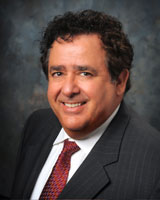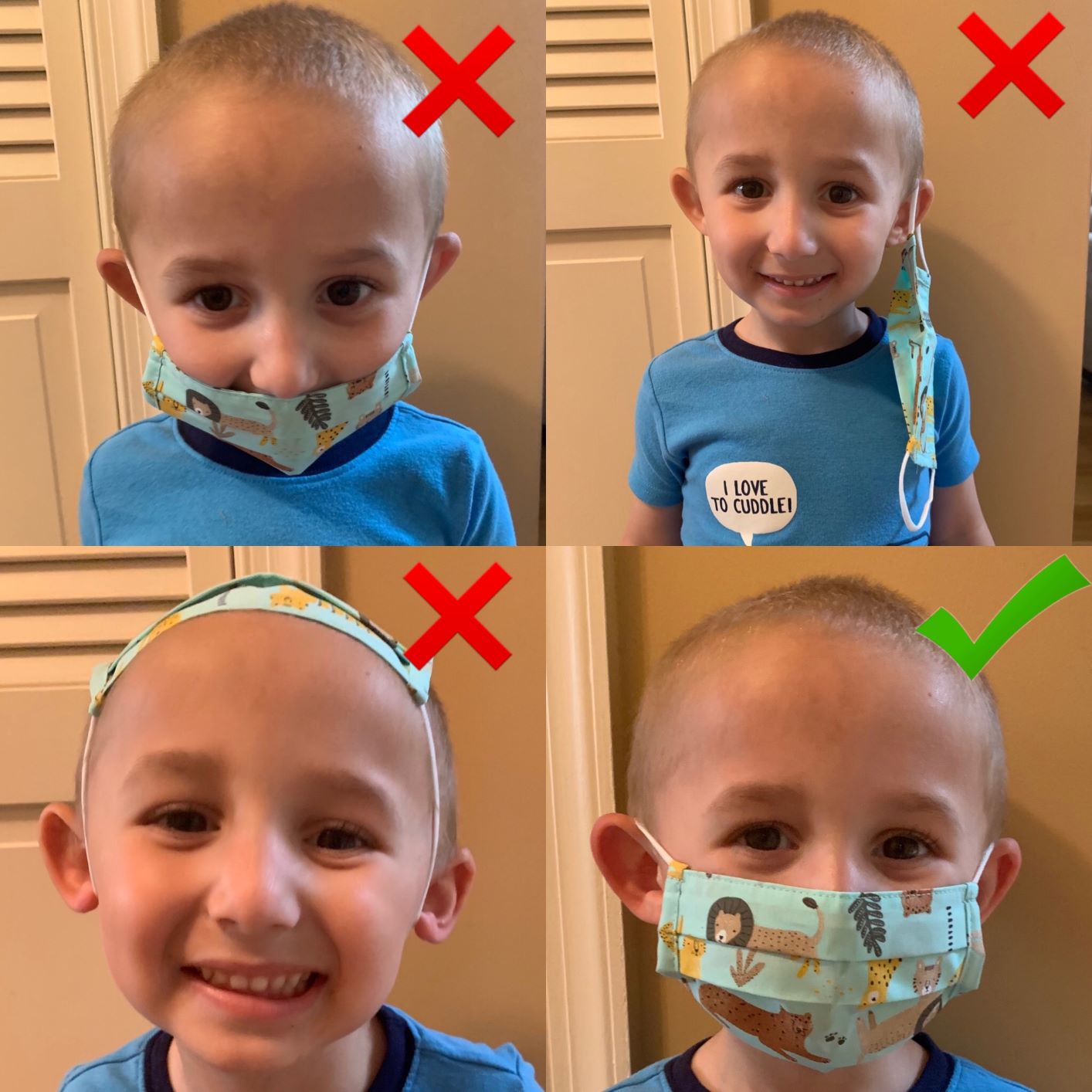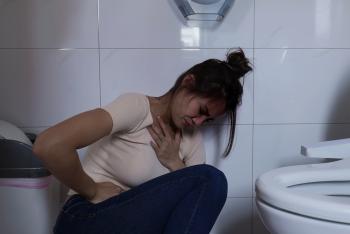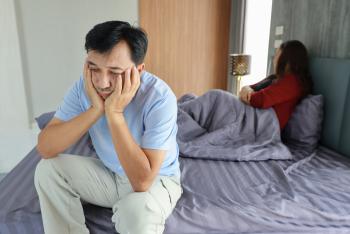Medical dramas are packed with rare illnesses, instant diagnoses and high-stakes heroics, but actual...
Read More
President and CEO, Inspira Health

As the COVID-19 pandemic continues, there is a very real possibility that many children won’t be attending school on a full-time basis in the fall. With this possibility comes heightened concern of being able to maintain your child’s physical and mental health as they adjust to the changes they’re presented with.
“Humans are comfortable with routines,” said Kristen Trom, D.O., Primary Care provider with Inspira Medical Group Primary Care of Mullica Hill. “And this rings particularly true for children and teenagers. Not attending school every day will throw a big wrench into their routine. Parents should be upfront with their children about this issue.”

As children grow, the way in which they absorb information changes. A child in elementary school, for example, is likely to believe—and repeat—anything that they hear coming from an adult either in life or on television. As their critical thinking skills continue to grow, their understanding of complex issues does as well.
“This is a situation where we’re learning new things as a society every single day,” said Trom. “Telling a young child every time a guideline or regulation changes will only confuse them further. They really only need to know the basics of the situation.”
It’s also important, according to Trom, to address any questions that might arise regarding their schooling. Children will want to know why they have to wear masks to school, or why their teachers might be standing behind plexiglass while conducting class. The best approach is to emphasize that whatever precautions are being taken are to make sure that they, along with their classmates and teachers, stay safe.
Parents and teachers play an important part in teaching children how to keep themselves safe by doing things such as washing their hands frequently and not touching their face, in addition to wearing a mask when near other children or adults who live outside their household.
“Being a good role model is always the goal when dealing with children,” said Trom. “But when it comes to keeping them healthy, it’s even more important. Your child is far more likely to wash their hands and practice other preventive measures if they see you doing so too.”
Ask any elementary school teacher about the importance of recess, and they’ll tell you that it’s a critical piece of a child’s day. Not only does it allow them to exert any pent-up energy in a positive way, but it also gets their heart rate up, strengthening their overall health. Exposure to sunlight is beneficial for mental health, so taking a walk or a bike ride with your child can be a great way to help your child stay focused throughout the day.
To protect themselves and others, children over the age of two should wear a face covering when they are out in public and near other children and adults. Masks help to protect the child from germs in the air and they protect others from germs the child may be spreading. People can spread the virus before their symptoms develop. And, a person can spread the virus even if they never develop symptoms themselves.
The mask should fit snugly against the sides of the face, covering both the mouth and nose. This snugness can be achieved by securing the covering with loops that go around the ears, or ties that can be knotted on the back of the head.
Talk to your child about the importance of not pulling the face covering down under their chin or pulling it up onto their forehead – this can expose your child to the germs on the outside of the covering.
With your child, reinforce the importance of not touching their eyes, nose, and mouth when removing their face covering. Also, make sure they wash their hands immediately after removing their mask.


Medical dramas are packed with rare illnesses, instant diagnoses and high-stakes heroics, but actual...
Read More
Norovirus is a highly contagious stomach virus that spreads quickly in winter, causing sudden...
Read More
Low testosterone can impact more than sexual health; it can influence energy, mood, muscle mass and...
Read More